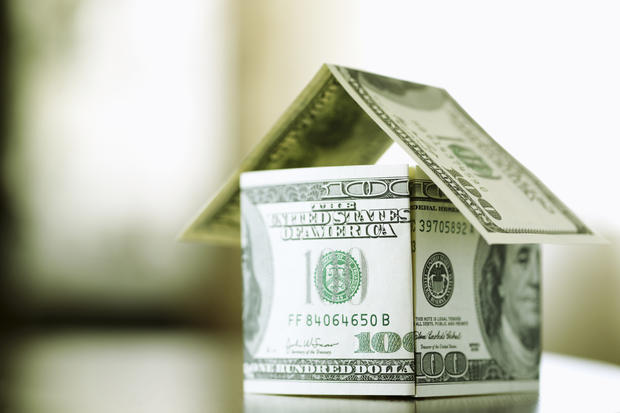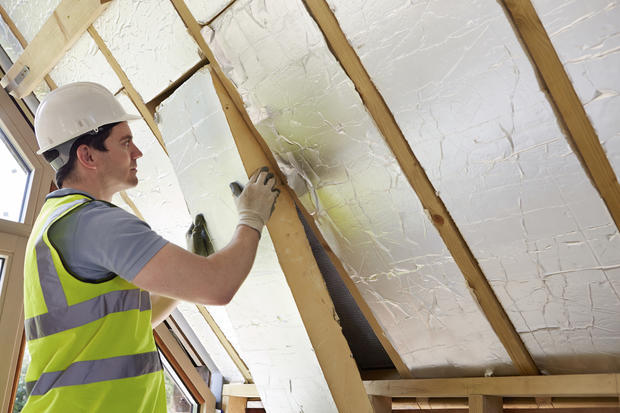Costs that can blindside new homeowners
By Christine DiGangi/Credit.com
Everyone knows buying a home is expensive -- the median sales price of a U.S. home was $278,800 in January, according the Census Bureau -- but there's much more to it than the cost of the house. No matter how much research you've done, it's hard to be totally prepared for every bill.
"It's definitely a challenge," said Eric Roberge, a certified financial planner in Boston and founder of Beyond Your Hammock. "That first-time homebuying, it's really an emotional experience -- you're coming into your own, you kind of feel successful ... you tend to just overlook certain things or say, 'I'm just going to get into the home and figure it out.'"
The overall cost goes beyond saving up for a down payment, finding a property to buy and getting a mortgage. (You'll need a good credit score to get the best deal on your interest rate too.
"People say, 'I'm going to go into the homebuying process, I'm going to put X percent down,'" Roberge said. "That's only part of the total cost of buying a home."
Roberge gave an example of a client he had who found a home for $350,000, and they wanted to make a 10 percent down payment, so they thought they needed $35,000 in cash. In reality, he said, they needed several thousand dollars more than what they'd saved to get through the process.
Here are some examples of expenses new homeowners may not be expecting. Not having enough cash on hand could really strain your housing budget, though strategic use of a personal loan or credit card may help with some of these costs.
Fees
Mortgages involve a lot of people and a lot of paperwork, and that all costs money. Some fees that drive up the total of your closing costs can include attorney's fees, application fees, recording fees and appraisal fees.
Cost: Varies, depending on your state and whether you can shop around.
Title Insurance
Title insurance protects the buyer from the possibility that the seller or previous sellers didn't own the property free and clear, therefore didn't have the right to sell it to you. That would mean you don't own the house you just bought.
Cost: Varies by state, but is typically 0.5 percent of the purchase price of the home.
Home Warranty
If you're not buying new, a good home warranty can protect you from unexpected repair bills.
Cost: National average $350 to $500 for a basic warranty and $100 to $300 more for a warranty with extra protection.
Moving Expenses
Getting all your stuff from one place to the next can vary widely in cost, depending on how far you're traveling, how much you have to move and how much help you might have from generous family and friends.
Cost: According to the American Moving and Storage Association, the average cost of an in-state move is $1,170. The average inter-state move costs $5,630.
Furniture
If you're moving into a bigger place, you'll naturally need to buy the furnishings to fill it. For example, that guest room you got excited about will actually need a bed that you didn't have in your one-bedroom apartment.
Decor
There are also things you may not have needed at your old place that your new home requires, like window treatments or rugs for hardwood floors. At a minimum, you'll probably want to paint a few walls.
Prepaid Expenses
To close on your home, there are some things you need to pay ahead of time, Roberge said. This can include a few months of homeowners' insurance and the next quarter's property taxes.
Cost: For the client buying that $350,000 home in Boston, prepaid expenses added up to about $3,000, Roberge said.







